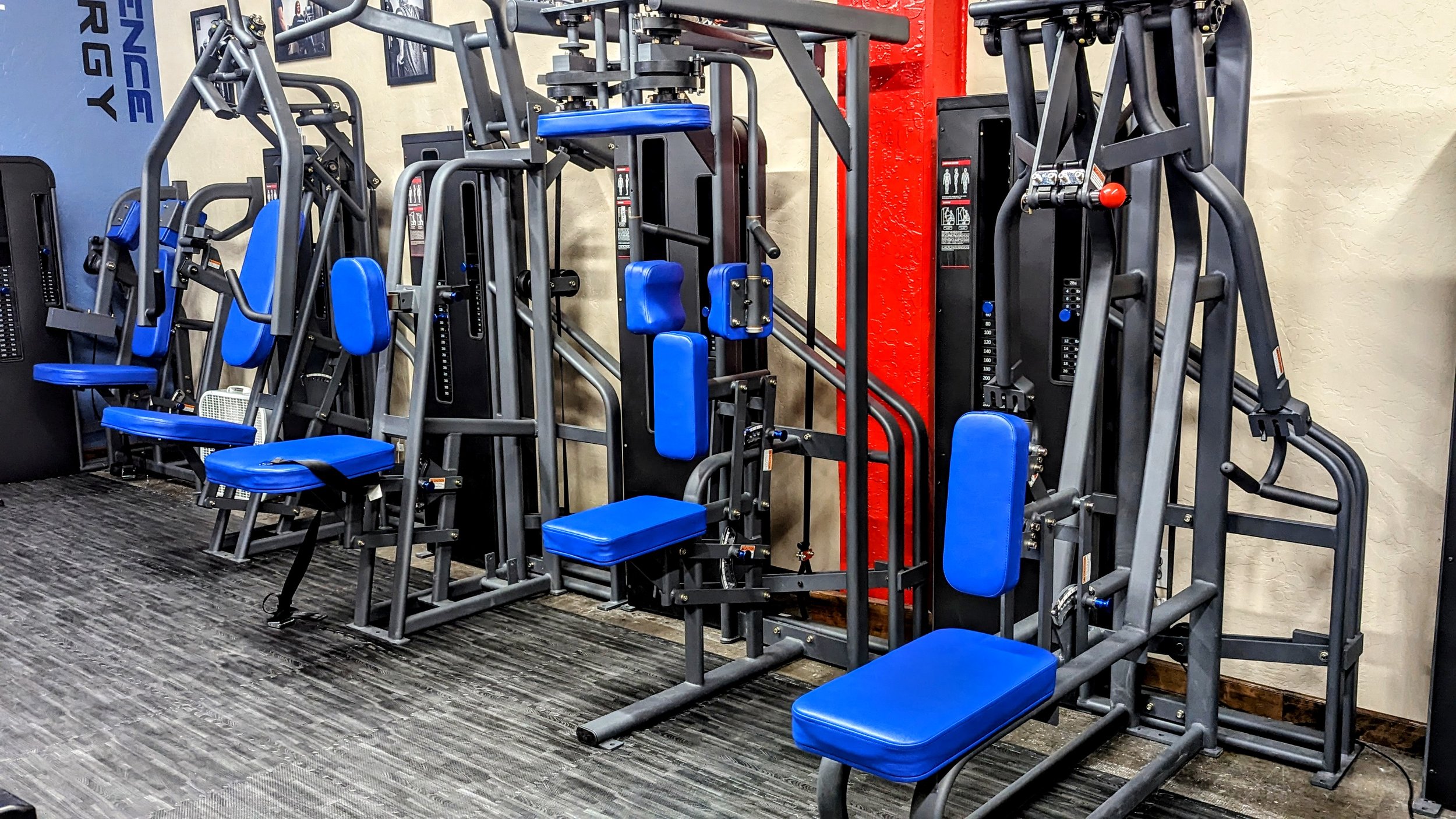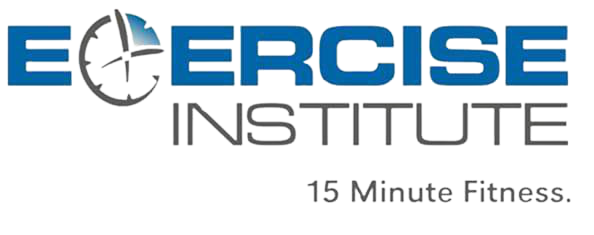
Further Your Knowledge

Unlocking the Benefits of Varying Repetition Speed and Time Under Load for Optimal Fitness Results
How slow do I need to move during a set of an exercise?
All methods of exercise will result in health and wellness benefits (assuming it is balanced with adequate recovery), but not all exercise methods are as efficient, safe, practical, or easy for everyone to adhere to.

Optimizing Your Workout Routine: Finding the Perfect Balance of Exercise Duration, Frequency, and Intensity
The workout is vital to STIMULATE our bodies to change; recovery is necessary to ALLOW our bodies to change. If you don't allow adequate recovery, you are wasting your time and efforts by breaking down your body and not building it back up.

Understanding the Definition of Exercise for a Healthier You
Exercise itself is breaking down the muscles of our body to stimulate our bodies to adapt. Exercise itself does not make you stronger or healthier. The recovery between exercises is where the magic happens. If the balance between exercise and recovery is off, it can be very detrimental to your health. If you get nothing from this, please take away this: Recovery is AS essential to optimizing health as exercise.

Strength Training Trumps Cardio for Effective Fat Loss: Here's Why
Exercise itself is not the ideal mode for weight loss. Exercise has many benefits to the body that have nothing to do with weight loss. Exercise can: improve muscular and cardiorespiratory fitness, increase bone density and function, reduce the risk of hypertension, coronary heart disease, stroke, and diabetes, reduce the risk of falls and fractures, improve mental health.
